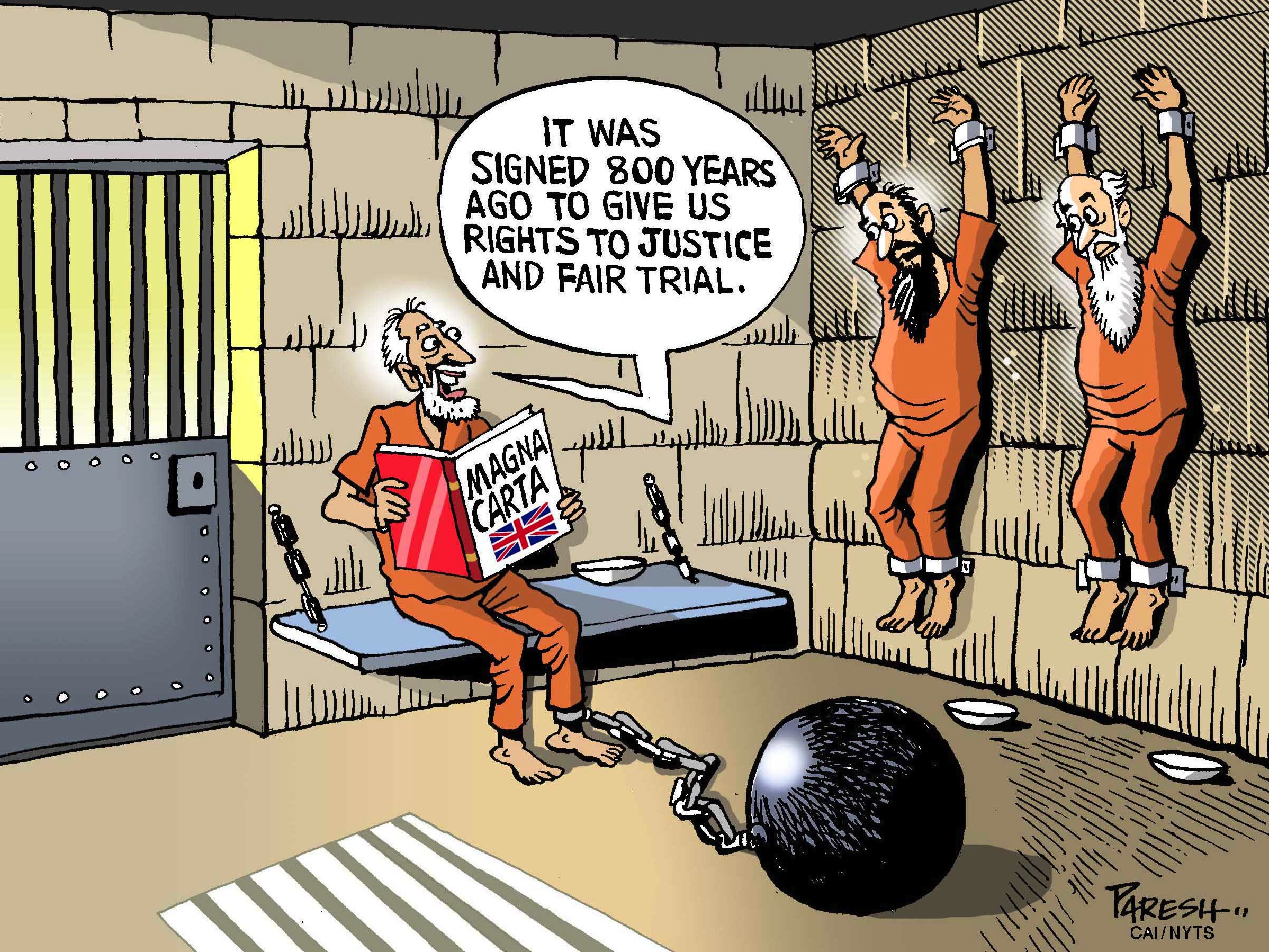When I saw the Broadway show "Allegiance" recently, I was reminded of Henry Mittwer (1918-2012). The musical depicts the conflicts among the Japanese and Japanese-Americans on the West Coast who, following Japan's attack on Pearl Harbor in 1941, were incarcerated en masse. Mittwer was one of them.
I wrote about Mittwer's life three decades ago in my column for the Mainichi Daily News. When Hokubei Mainichi, in San Francisco, reprinted my article, a Nisei lawyer in Berkeley named Raymond Okamura wrote the newspaper, chastising Mittwer over his U.S. experience. Was anything wrong with Mittwer?
He was born in Yokohama, the youngest of three sons of a geisha and an American, Mittwer wrote in his 1983 autobiography, "Sokoku to Bokoku no Hazama de" ("In the Chasm between Fatherland and Motherland"). When he was 9, his father, who was then representing the United Artists in the Orient, got in trouble with his employer and returned to the United States. He took his middle son with him, leaving Henry in Japan with his oldest son, who was sickly, and his wife.



















With your current subscription plan you can comment on stories. However, before writing your first comment, please create a display name in the Profile section of your subscriber account page.